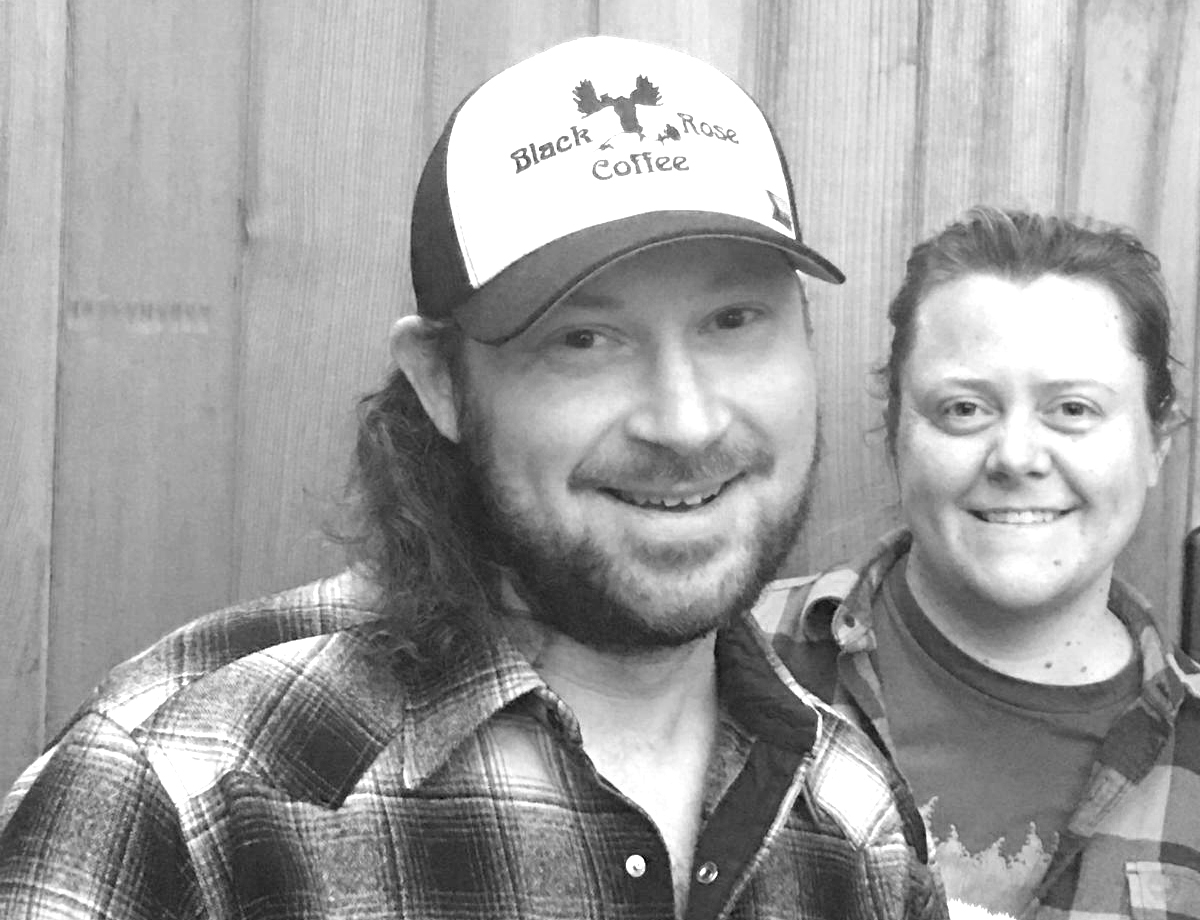Through my eprep lens, I know about many of the people in my neighborhood and where they are on the preparedness continuum—and some of them are quite impressive. Here, I profile Bill and Amy in
the hopes that their dogged planning can help inspire you to prepare your family for an earthquake or other emergency.
Bill and Amy are a married couple with a dog. They moved here about 15 years ago from Colorado—a wildfire-prone area. They experienced a few close calls, but never had to evacuate. Having a “go bag” was just a part of life.
Nonetheless, moving to Portland presented a few new challenges, including needing to prepare for an earthquake. Additional eprep included enough water and food for humans and pets for two weeks and the mundane: pee/poo buckets and first aid supplies. Also, Bill is an amateur radio operator, and recertifies each year as a Wilderness First Aid responder, and, coincidentally, is an active Sunnyside Neighborhood Emergency Team (NET) member.
That’s a great neighbor to have!
Their preparations also include the expectation that they may have to live without power/heat/electricity, perhaps outside, for at least two or three weeks. That might mean sheltering in place, depending upon the condition of their home after an earthquake.
It took them about six months to get prepared for “The Big One.” Then, they reached out to like-minded neighbors to assess their interest in getting prepared together, with the hope of helping one another. For them, community is important and a plan was developed and implemented for four households with diverse emergency prep needs. Pre-pandemic, this group of four neighbors met quarterly. They hope to meet up again soon.
Bill and Amy acknowledge that eprep plans evolve as they age and adjustments have to be made. Simple, but not easy.
If you have done significant emergency preparedness and want to share what you’ve done for a future issue of the newsletter, contact Jan at [email protected].

